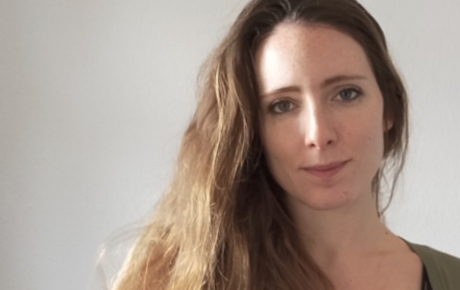
The artist Emma Shapiro argues that Facebook should apologize to al women for the censorship that banned a nippel on Pedro Almodóvar´s latest movieposter.
Bild: Private.
“It is we who deserve the apology, Facebook”
2021-10-27 | Emma Shapiro

INTERNATIONAL
A naked nipple on a movie poster was censored by Facebook. The apology from the company should be dedicated to all women, not the author according to the American artist Emma Shapiro.
Recently Instagram apologized for censoring the movie poster for Almodovar’s latest film, “Madres Paralelas”. The poster, designed by artist Javier Jaen, features a lactating nipple cropped to appear as a crying eye. In their apology Instagram stated that they “… make exceptions to allow nudity in certain circumstances, which includes when there’s clear artistic context. We’ve therefore restored posts sharing the Almodóvar movie poster to Instagram, and we’re really sorry for any confusion caused,” prompting many on Instagram to ask, “Where’s OUR Apology?”
An account on Instagram is an invaluable tool for artists, activists, educators, entrepreneurs, and advocates of all kinds — giving critical access to opportunities and community. Facebook and Instagram pride themselves on offering a platform unlike any other, with a user-ship of billions globally — and only ONE set of guidelines to rule them all. While Instagram’s rules are entitled “Community Guidelines”, and Facebook’s “Community Standards”, they are part of the same document housed by Facebook. As with any community, online or otherwise, participants are expected to know and follow the rules. The problem here is that Instagram and Facebook discriminate against the female-presenting body, and have not created the appropriate amount of nuance within their guidelines to support their own mission statement to “ensure that everyone’s voice is valued … in particular those of people and communities that might otherwise be overlooked or marginalized.”
This issue is particularly visible (or not, actually) on the subject of the “Female Nipple”, and those who are calling for change.
Facebook’s Community Standards on “Adult Nudity and Sexuality Activity” state,
“We understand that nudity can be shared for a variety of reasons, including as a form of protest, to raise awareness about a cause, or for educational or medical reasons.
Where such intent is clear, we make allowances for the content…We also allow photographs of paintings, sculptures, and other art that depicts nude figures…
Do not post imagery of: …Uncovered female nipples except in the context of breastfeeding, birth giving and after-birth moments, health-related situations (for example, post-mastectomy, breast cancer awareness or gender confirmation surgery) or an act of protest.”
Beyond these stated exceptions, their placement of the “female nipple” in this section shows that they consider an exposed female nipple to be a sexually explicit act by default, whereas a male-presenting nipple is simply natural and allowed.
So what is so obscene about the female nipple, anyway?
In fact, the only biological difference between the male and female breast is the presence of lobes — the glands which produce milk. This does not mean, though, that men cannot produce breastmilk— if the hormones Prolactin or Estrogen are produced at high levels, they may. Men can even be diagnosed with breast cancer.
The rest of the breast— Fatty Tissue, Ducts, Areola and Nipple— are present in both men and women, and sexual nipple stimulation is frequent and popular for all sexes.
So, given that there is no biological difference in the male and female nipple, but regardless women and men are treated differently on the basis of this part of the body, it is then obvious that the discrimination against the female nipple has nothing to do with our biology, and everything to do with judgement of the female body.
By maintaining their guidelines which prohibit the female nipple and place it firmly within their “Adult Nudity and Sexual Activity” section, Facebook and Instagram are perpetuating the notion that women’s bodies exist to be sexualized. There are real-world stakes and real-world consequences to this censorship — artists who use the body are being targeted for censorship, as are health advocates, educators, performers, and entrepreneurs, simply for using the female body on their own terms and speaking to their community.
In 2018, Facebook published an article stating how they were supporting their content moderators. within this missive, they outlined how they account for context and cultural sensitivities when it comes to language or references. But they explicitly point out that this particular attention is not needed when it comes to nudity, because their blanket rule of “No nudity” is applied without context or nuance.
They stated ”It often takes a local to understand the specific meaning of a word or the political climate in which a post is shared…[but] nudity is typically very easy to establish and can be reviewed within seconds.”
So very easy indeed to delete a post for nudity, absent of the consideration they so proudly give to word meanings and political climates. In this statement they admit to giving no consideration for an image’s intention or context if it contains nudity, meaning that even though certain images of a female nipple are explicitly allowed in their guidelines, as long as a female nipple is considered nudity it will be censored regardless.
Don’t be fooled by their feigned inability to add nuance to their guidelines when it comes to the female nipple—in fact, in the past they have shown themselves able. Several years ago Facebook faced growing pressure to change their guidelines to allow for images of breastfeeding, beginning with the “Nurse-In” protest in 2008. Following the public outcry Facebook changed their guidelines on breastfeeding images repeatedly, eventually allowing for all breastfeeding imagery in 2014.
Today, breastfeeding images are rarely censored and those who are breastfeeding see representations of themselves across the platform, and we do too. According to the US Center for Disease Control, from 2001-2018, the number of Americans who believed women should have the right to breastfeed in public went from 43% to 68%. Noting how representation matters to help diminish stigma, The United States Surgeon General stated in their 2011 report:
”In American culture, breasts have often been regarded as primarily sexual objects, while their nurturing function has been downplayed. Although focusing on the sexuality of female breasts is common in the mass media, visual images of breastfeeding are rare, and a mother may never have seen a woman breastfeeding.”
If Facebook/Instagram started treating all bodies with equal respect, other aspects of our society might start to mirror this respect. The perpetuation of censorship on Facebook and Instagram keeps us from knowing our bodies and expressing what makes them special, normal, and healthy.
The exclusion of nudity at all costs, and FB/IG’s specific interest in excluding the female nipple has far-reaching implications. It perpetuates the idea that women’s bodies are dangerous, obscene, sexual objects that don’t belong to us— it abstracts our autonomy and gaslights our way through global communication.
While Almodovar’s poster was censored unjustly, it is we who deserve the apology. If Facebook’s intended mission includes to ”ensure that everyone’s voice is valued”, then they are ignoring our calls for change.
Kommentarer
Du måste vara inloggad för att kunna lämna en kommentar.
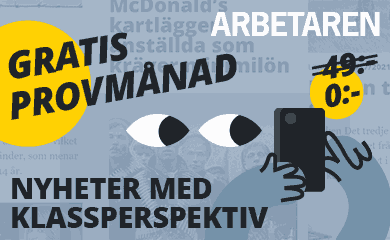

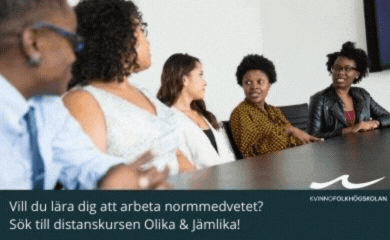




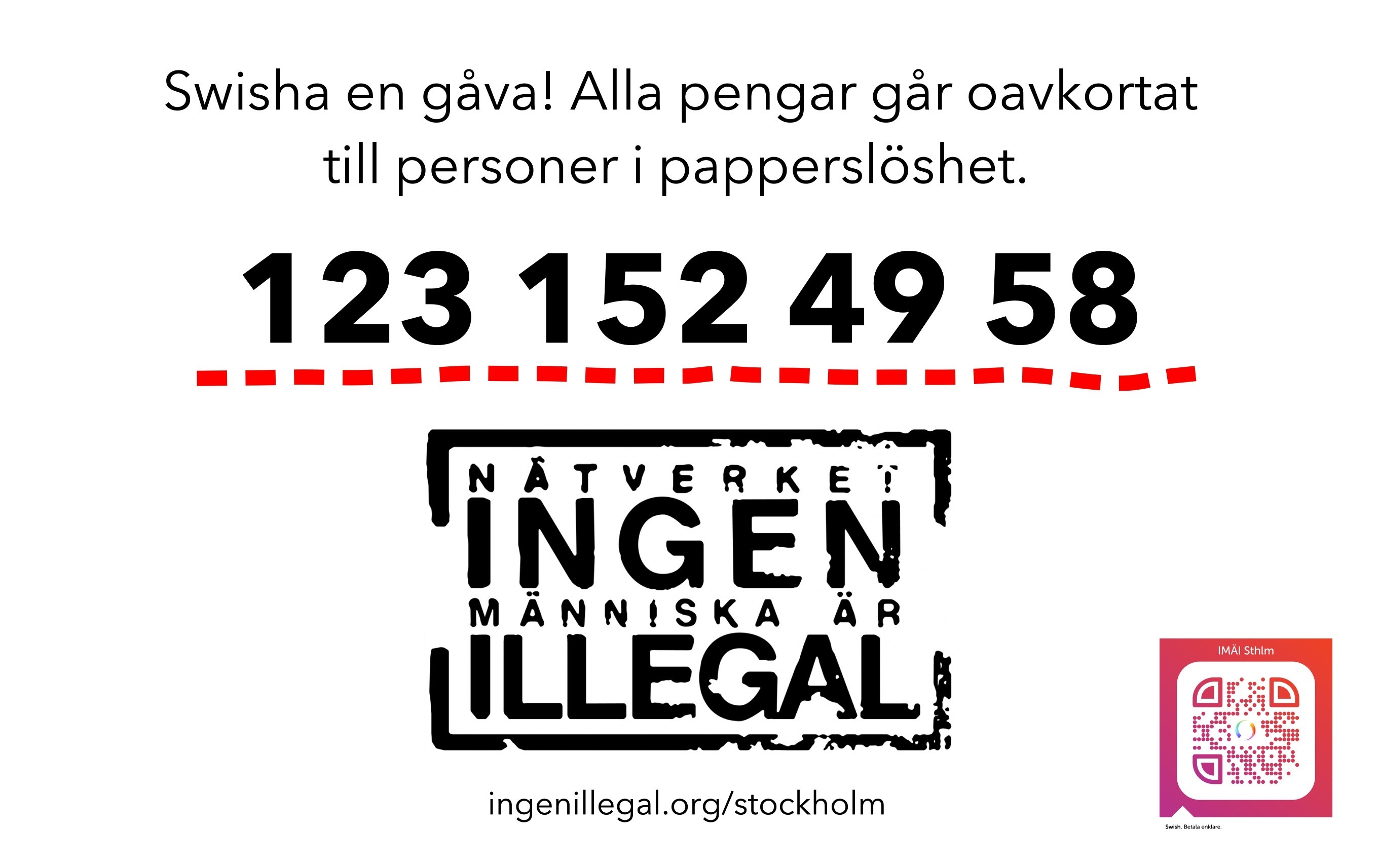
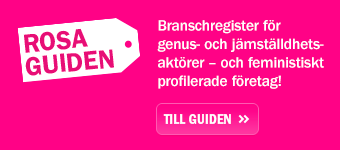

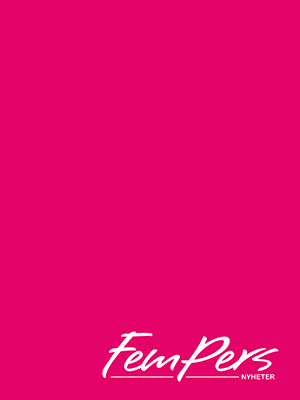
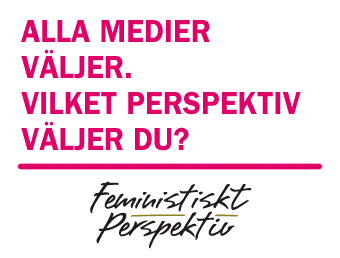












MEST KOMMENTERAT
SENASTE KOMMENTARERNA
Om Var Grupp 8 en feministisk organisation?
Om #bildskolan 21: Att äta Den Andre
Om #bildskolan 21: Att äta Den Andre
Om Porr handlar om betalda övergrepp
Om Nobels fredspris till kampanj för att avskaffa kärnvapen
Om Feministiskt perspektiv öppnar arkivet och startar på nytt!
Om Rödgrönt ointresse för fred och nedrustning borde oroa många
Om Var inte målet att vi skulle jobba mindre?
Om Feministiskt perspektiv öppnar arkivet och startar på nytt!
Om Feministiskt perspektiv öppnar arkivet och startar på nytt!
MEST LÄST